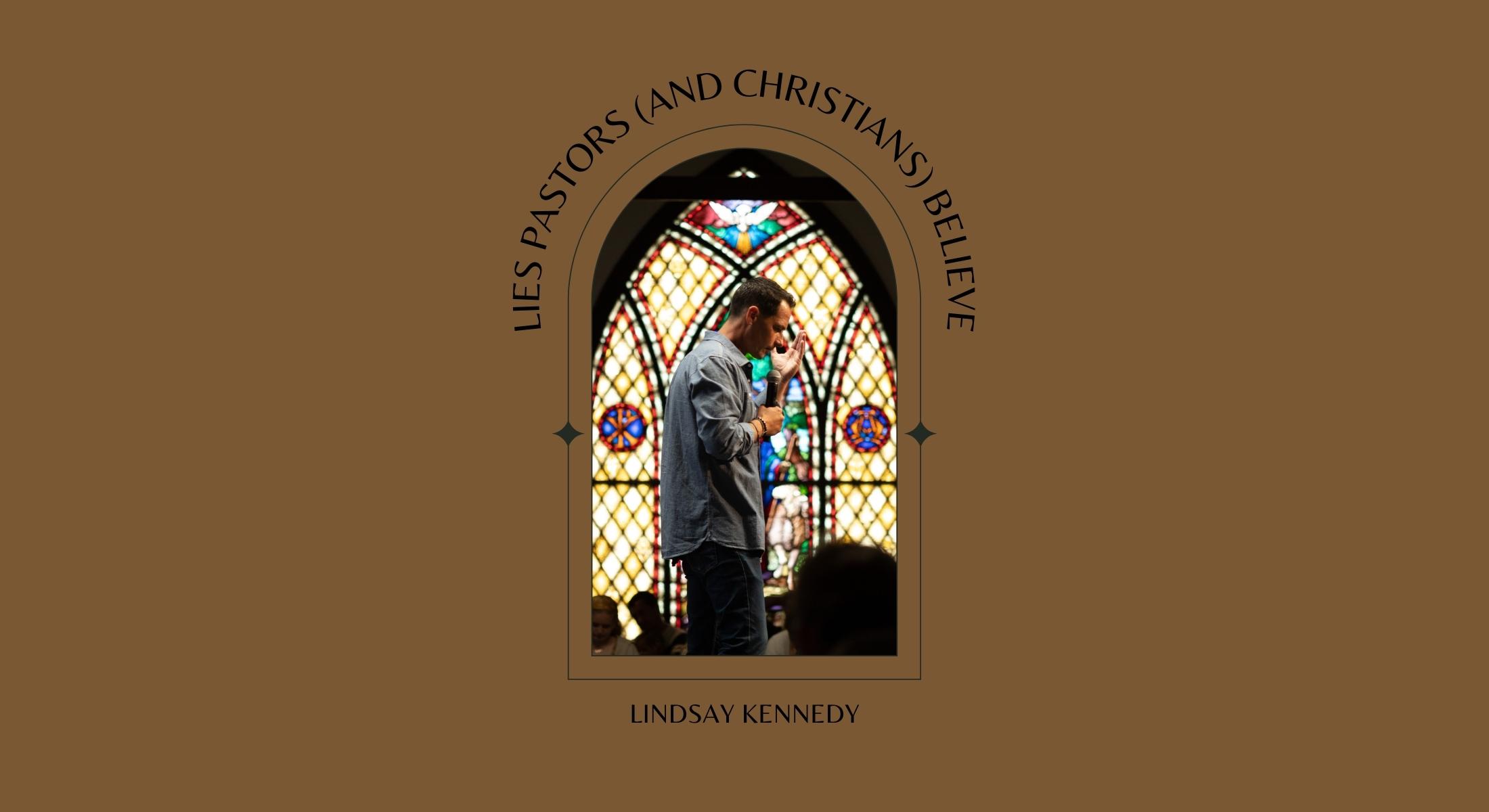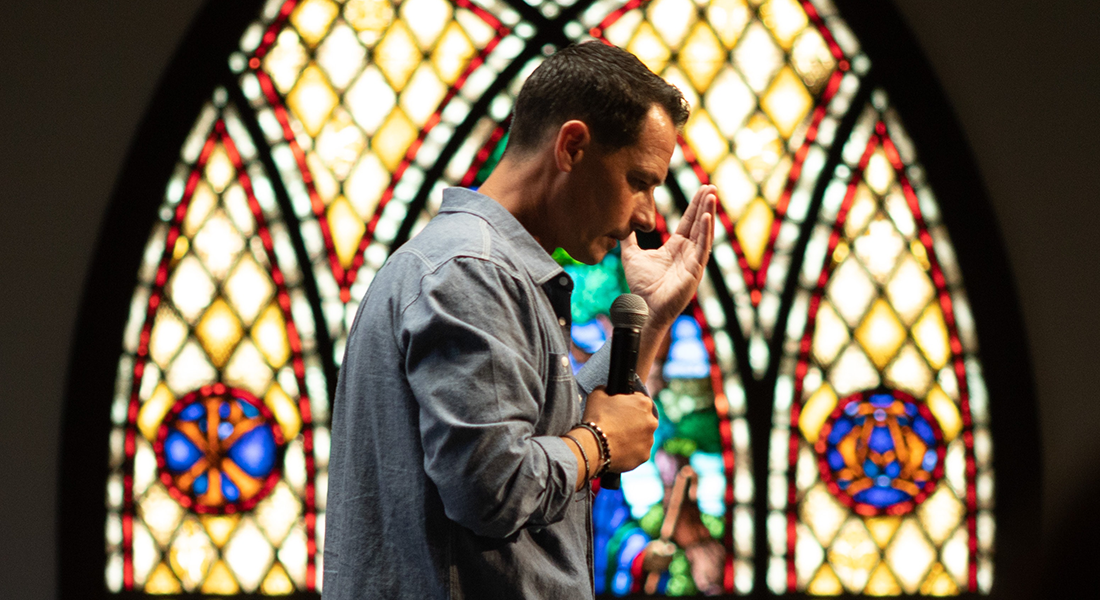
Few things are as powerful as a lie.
In Lies Pastors Believe: 7 Ways to Elevate Yourself, Subvert the Gospel, and Undermine the Church, Dayton Hartman has written a small but hard-hitting book that exposes the lies that pastors—and really, anyone in ministry—can easily embrace.
Like any lie that we believe, these are enslaving and damaging to ourselves and others but can easily be missed. Even worse, pastors and ministry leaders can feed or even celebrate these lies as if they are virtues.
In this post, I want to highlight the seven lies from Dayton’s book and the slogan that he gives to each. Under each lie, I summarize and comment on the dangers they pose for pastors and ministry leaders.
As we reveal the seven lies below, I suggest you brace yourself so that you aren’t knocked over from conviction.
The Visionary: “Jesus has called me to lead a movement.”
At its heart, this is a desire, or even expectation, for significance. Or better, popularity.
Most pastors and ministry leaders won’t be renowned. If we pursue that popularity, we’ll most likely fail.
Even worse, if we achieve popularity, we’ll most likely fail in our ministry! God hasn’t called us to be popular or “successful” but to be faithful.
The Iron Chef: “No one has ever fed them like me.”
If you’re a preacher, this might hit hard. The reality is that we preachers all believe we’re better than we are (based on whatever skewed standard we may have of what Good Preaching is).
What’s more, many of the compliments we receive on our sermon may in fact be flattery or desire for “facetime.” Truly great preaching is a humble stewardship of God’s Word.
The Achiever: “Jesus loves me, this I earn.”
Many pastors are secretly working for some kind of affirmation from others. Also, many of us believe that we’re doing well when we’re “achieving” and “getting things done.”
This attitude works against prayer, dependency upon God, and being available to the needs of others.
The Called: “I’m called to be a pastor.”
This one may be surprising, but it’s because it has deep roots in our Christian culture.
Many pastors entered the ministry through a subjective sense of call that was blindly supported by others. This sense of calling—which “cannot be revoked,” [insert out-of-context quotation of Rom 11:29 here]—covers a multitude of disqualifying sins.
The fact is that a subjective sense of “call” is no substitute for the objective and Biblically-established qualifications, affirmed by godly men and women.
The Holy Man: “My perceived holiness is more important than my pursuit of holiness.”
Many pastors believe that they must be “set apart” from the Church body.
Unfortunately, this perception is also often reinforced by the Church as we have unrealistic expectations of our pastors’ holiness. Ironically, this kind of attitude works against true holiness, which must be achieved in community, not isolation.
What’s more, if the pastor isn’t a sinner, then the pastor can’t give an example of need for Christ’s forgiveness. We create hypocrites like us.
The Anti-Family Man: “I must sacrifice my home life for my ministry life.”
If you’re a married pastor, your bride is not the Church, it’s your wife. If you’re a father, your children aren’t the church members, they’re your children.
Don’t believe the lie that “God will take care of my family if I take care of the Church.” God has called pastors to embody healthy priorities and this means not sacrificing our children on the altar of ministry. This may be as practical as setting some fences around our home life.
The Castaway: “I’m the only one on this island.”
No man is an island, and certainly no pastor is an island. Pastors must have friendships and hobbies like everyone else.
Also, pastors can’t believe the lie that only their church or denomination does things right. We must pursue charity and unity.
The problem with believing these lies is that they allow us to make major excuses for our behavior.
The Visionary sees no need for “small ministry” (like individual people!) and if anyone gets in the way of their ambition, they’ll be swept to the side. The Holy Man will hinder his holiness by hiding major moral flaws and failings. In the name of Christ, we dishonor Him.
It’s terrifying when we consider Jesus’ words to those who did many things in His name, that he “never knew” them (Matt 7:23). Let us not fall prey to these ensnaring lies.
This is but a small sample of the insights from Dayton Hartman’s Lies Pastors Believe. I would exhort all pastors and ministry leaders to read this convicting—yet encouraging—book for themselves.







